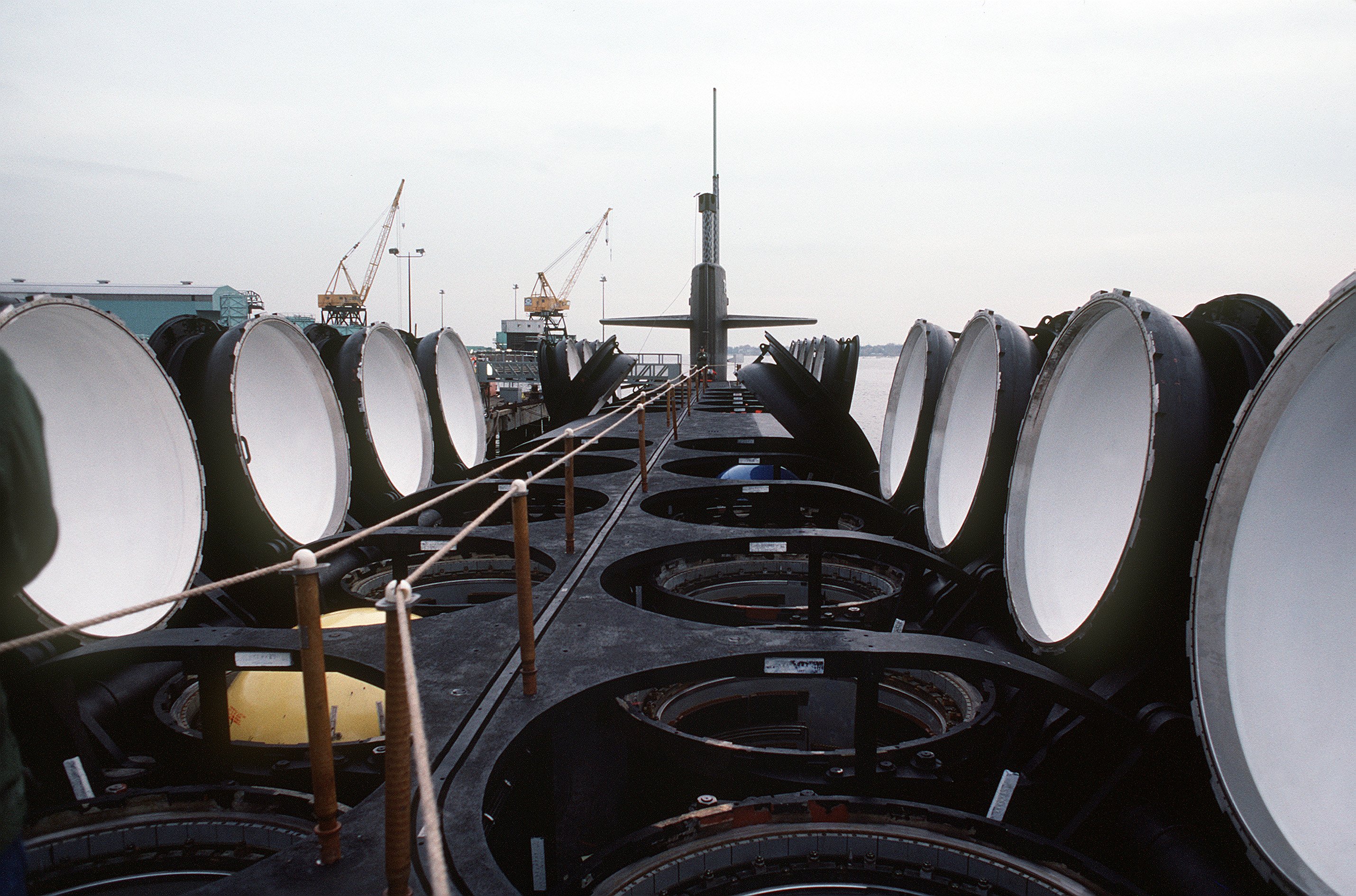British nuclear missile fails test launch in embarrassing incident off coast of Florida
02/27/2024 / By Cassie B.

The U.K. Defense Ministry is now trying to defend the reliability of its nuclear deterrent capabilities following another humiliating missile test failure.
Not much is known about the latest test, which involved the U.K.’s nuclear-powered ballistic missile submarine (SSBN) the HMS Vanguard late last month. Some type of “anomaly” took place during the drill in the Atlantic Ocean off the coast of Florida. Authorities have declined to provide further details, but they maintain that it was “event specific,” which would appear to imply that the incident in question would not have taken place in a wartime scenario and was instead related to the test kit. However, as the second British Trident test in a row to fail to deliver, concerns are growing that the U.K.’s costly nuclear deterrent is not ready to protect the country.
A Ministry of Defense spokesperson tried to provide reinsurance, stating: “As a matter of national security, we cannot provide further information on this; however, we are confident that the anomaly was event specific, and therefore there are no implications for the reliability of the wider Trident missile systems and stockpile. The U.K.’s nuclear deterrent remains safe, secure and effective.”
Making the situation even more questionable is the fact that the Ministry of Defense only released a statement acknowledging the failed test after the public learned about it via a story in the U.K. tabloid newspaper The Sun; other news outlets have subsequently confirmed the veracity of the story.
According to the publication, the 58-ton Trident missile misfired and then crashed into the ocean just a few yards away from the nuclear submarine that launched it. It reportedly occurred while U.K. Defense Secretary Grant Shapps was on board.
Although the crew carried out their drill without errors, when the Trident 2 missile was propelled from its launch tube into the air with compressed gas, its first-stage boosters failed to ignite. This caused the missile, which was fitted with dummy warheads at the time, to fall into the ocean and sink. Thankfully, the HMS Vanguard did not get hit by the errant missile.
An investigation was launched immediately after the incident, along with a desperate recovery mission to fish the missile from the seabed to protect its highly confidential technology. Additional details are not being released about the incident to protect national security.
U.K. officials offer reassurance that Trident is dependable
This is the second failed test in a span of eight years, with a Trident that was fired from the HMS Vengeance in 2016 veering off course before self-destructing.
Officials insist that the Trident is one of the most dependable weapon systems available and has been the subject of nearly 200 successful tests by both the U.K. and the U.S. Since the Royal Navy started using Trident 2 missiles in 1994, they have fired 12 of them but only the two most recent launches failed. However, they have not had a successful launch since the HMS Vigilant fired one after a refit in October of 2012.
The missiles are made to blast into the air and reach the edge of space at speeds of 13,600 miles per hour before making their way back into the Earth’s atmosphere with a payload of as many as 12 nuclear warheads.
It’s bad news at a time when there is so much instability in the world. Fighting in the Middle East and Ukraine is stoking fears that the world could be headed toward World War 3, and the potential use of nuclear weapons in modern conflicts means that reliable nuclear deterrence has never been more important.
Shapps insists that the U.K. would still be able to fire nuclear weapons “should the circumstances arise in which we need to do so.”
Sources for this article include:
Submit a correction >>
Tagged Under:
big government, chaos, collapse, conspiracy, deception, embarassing, future tech, Glitch, inventions, military tech, missiles, national security, nuclear missiles, nuclear war, nuclear weapon, Royal Navy, Trident missile, UK, weapons tech, WWIII
This article may contain statements that reflect the opinion of the author
RECENT NEWS & ARTICLES
COPYRIGHT © 2018 MILITARYTECH.NEWS
All content posted on this site is protected under Free Speech. MilitaryTech.news is not responsible for content written by contributing authors. The information on this site is provided for educational and entertainment purposes only. It is not intended as a substitute for professional advice of any kind. MilitaryTech.news assumes no responsibility for the use or misuse of this material. All trademarks, registered trademarks and service marks mentioned on this site are the property of their respective owners.




















